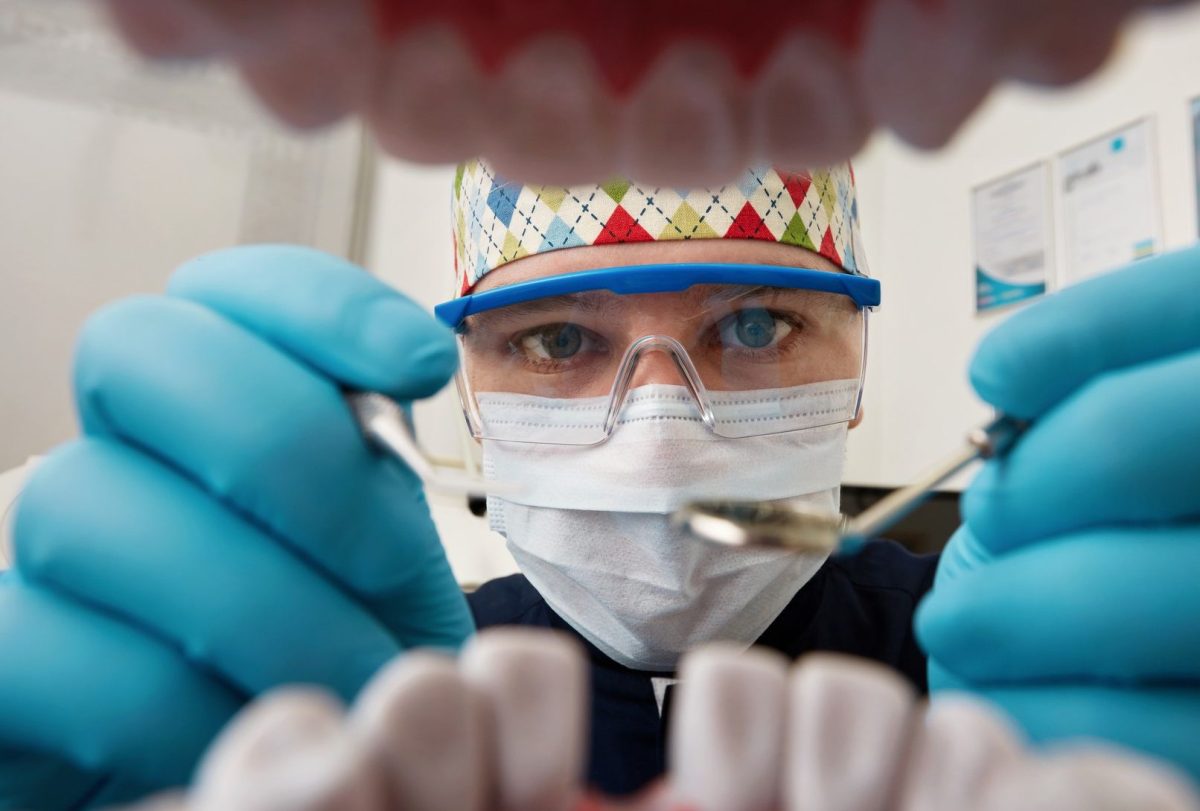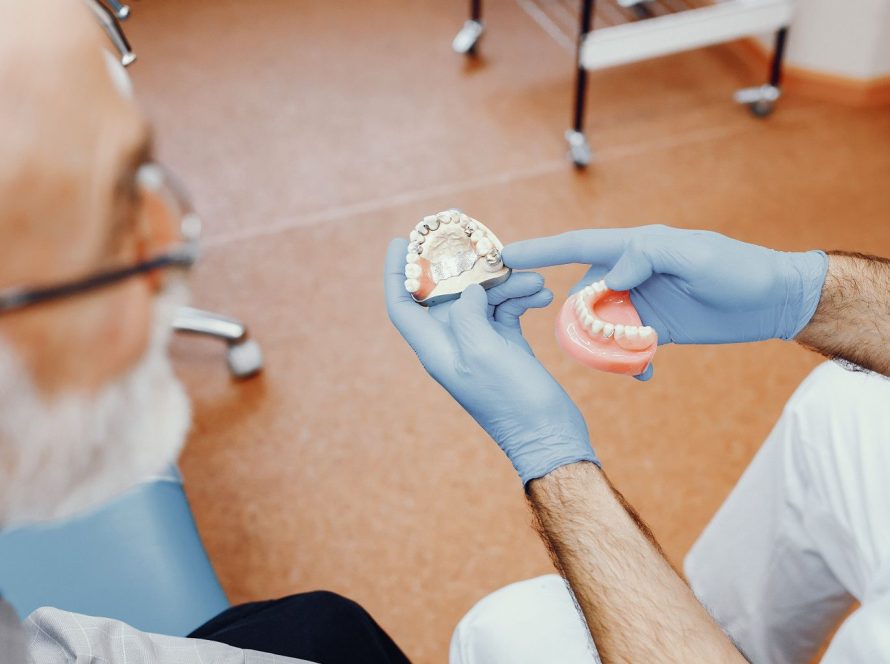
Dental implants have become a popular and effective long-term solution for replacing missing teeth. One of the key factors contributing to their popularity is their durability and longevity. However, like natural teeth, the lifespan of dental implants can vary depending on several factors. In this article, we’ll explore the typical lifespan of dental implants and the factors that can influence their longevity.
Average Lifespan of Dental Implants:
Dental implants are designed to be a permanent tooth replacement solution. On average, well-maintained dental implants can last for decades or even a lifetime. Many studies report a success rate of over 95% for dental implants over a ten-year period. However, it’s important to note that individual experiences may vary.
Factors Influencing Dental Implant Longevity:
Oral Hygiene: Proper oral hygiene is essential for the longevity of dental implants. Just like natural teeth, implants can accumulate plaque and tartar, leading to gum disease and potential implant failure. Regular brushing, flossing, and professional dental cleanings are crucial.
Smoking and Tobacco Use: Tobacco use, including smoking, can significantly impact the success and longevity of dental implants. Smoking increases the risk of implant failure, as it can impair the body’s ability to heal and integrate the implant into the jawbone.
Overall Health: General health conditions, such as uncontrolled diabetes or autoimmune diseases, can affect the healing process and the body’s ability to maintain dental implants. It’s essential to manage any underlying health issues to support implant longevity.
Implant Placement: The skill and experience of the dental implant surgeon play a critical role. Proper implant placement, including correct positioning and angle, is essential for long-term success.
Bone Quality and Quantity: Having sufficient bone volume and density at the implant site is crucial. In some cases, bone grafting may be required to ensure a stable foundation for the implant.
Bruxism (Teeth Grinding): Patients who habitually grind or clench their teeth (bruxism) may exert excessive force on dental implants, potentially leading to implant damage or failure. A nightguard or other protective measures may be recommended.
Regular Check-ups: Routine follow-up visits to your dentist or oral surgeon are essential. These visits allow for the early detection of any issues and preventive measures to be taken.
Proper Restoration: High-quality restorations, such as crowns, bridges, or dentures, should be securely attached to the dental implants. Regular maintenance and replacement of these restorations as needed are crucial for implant longevity.
Conclusion:
While dental implants are designed to be a long-lasting tooth replacement solution, their lifespan can be influenced by various factors. By maintaining good oral hygiene, addressing underlying health conditions, and following your dentist’s recommendations, you can maximize the longevity of your dental implants and enjoy the benefits of a functional and natural-looking smile for many years to come. Regular check-ups and open communication with your dental care team are key to ensuring the ongoing success of your dental implants.




